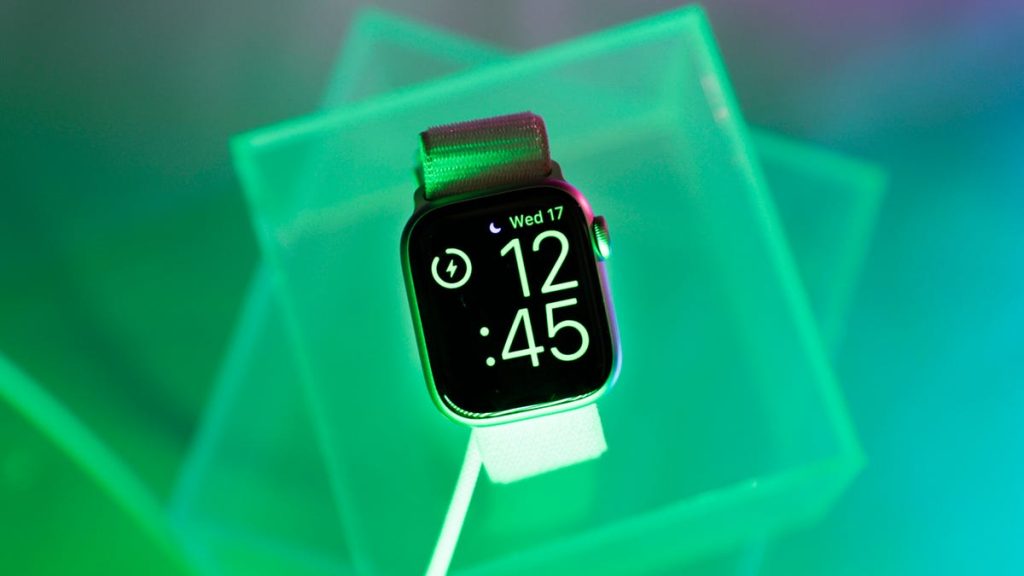The tech industry has been rapidly integrating AI algorithms into various devices since ChatGPT made waves in 2022. Large language models find a natural fit in smartwatches, where the small screens are not ideal for extensive interactions. New AI software tools were highlighted in recent announcements by Samsung and Google, with other tech giants also embracing AI technology in their products. The concept of “AI PCs” is also being introduced by companies such as Asus, Intel, and AMD.
While dedicated AI gadgets such as the Humane AI Pin and the Rabbit Inc. R1 have faced criticism for their performance and high prices, there is potential for AI to enhance existing wearables like smartwatches. As major tech events like Google’s I/O and Apple’s WWDC approach, discussions around how AI can improve smartwatches are gaining momentum. Smartwatches have evolved over the years, and there is a need for dedicated gestures, interactions, and interfaces that AI can enhance further.
Generative AI technology could enable smartwatches to summarize notifications, messages, and emails intelligently, reducing the need for users to reach for their phones frequently. Additionally, AI could help generate personalized responses for easier communication on smartwatches. Companies like Apple are reportedly working on AI-generated response and summarization features, indicating a potential future direction for smartwatch capabilities.
AI could further enhance smartwatch aesthetics by generating unique watch faces based on user preferences and prompts. Voice-powered assistants like Siri and Google Assistant are particularly useful on smartwatches, offering convenience for tasks like setting alarms and timers. Integrating more AI smarts into these virtual helpers could increase their usefulness on smartwatches, reducing the dependence on smartphones for various tasks.
Apple and Google are already incorporating AI upgrades into their smartwatch platforms, especially in the realm of health tracking. Apple’s Siri can now answer health-related questions, and the latest smartwatch chip allows on-device processing for privacy protection. Google’s Fitbit Labs program uses AI to analyze Fitbit data, while Apple is reportedly developing an AI-powered health coach. Samsung also plans to introduce AI features to its devices, potentially including smartwatches.
Incorporating advanced AI features into small devices like smartwatches presents challenges, as it requires significant on-device processing unless handled in the cloud. The potential for upgraded AI-generated summaries and message responses in smartwatches is vast, but the implementation remains to be seen. With the continuous development of AI technology in wearable devices, the future of smartwatches holds promise for enhanced functionalities and user experiences.


